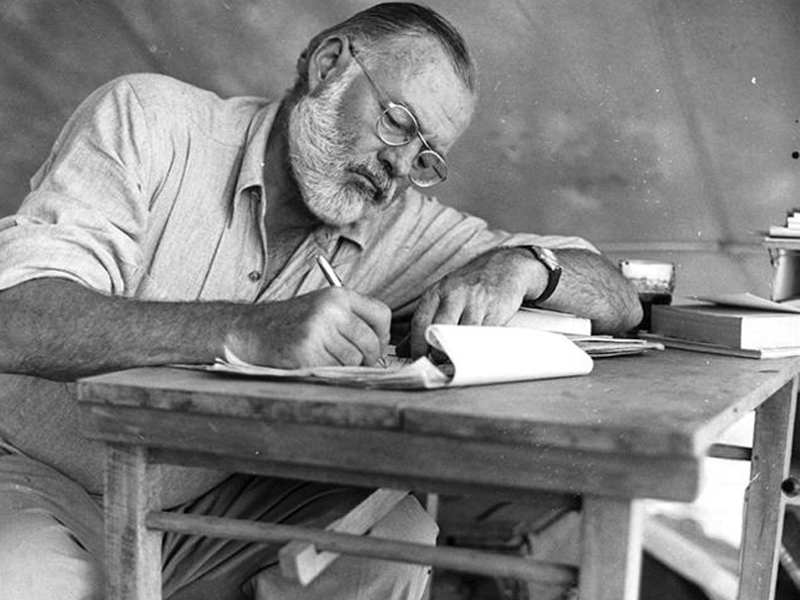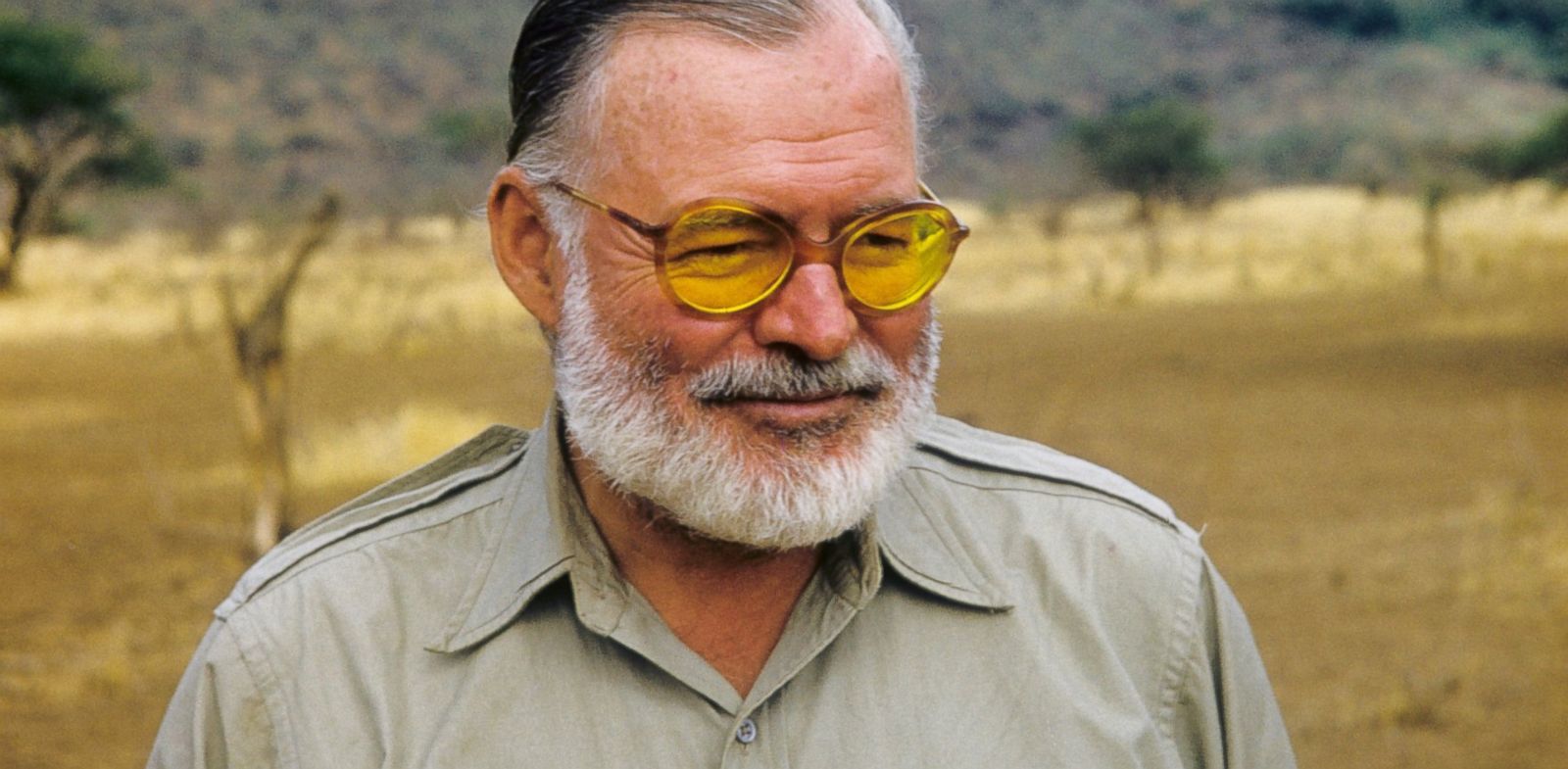Today I am talking about 'How' by Lorrie Moore. This is the second story in Moore's collection 'Self-Help' that I will have written about. A common technique in the collection is the use of the second person. The title of 'How' suggests little in terms of what the story is about which is strange because the story does seem to focus on one particular theme: the difficulty of being in a relationship.
The first thing that struck me about 'How' is its form. The story is composed of several blocks of text that are separated by line breaks. There are a few single sentence paragraphs but most of the blocks contain approximately 5-6 sentences. In general the blocks feel somewhat related in terms of their subject matter but they also change quite a bit. This unique style means that you could start reading at pretty much any point in the story and you wouldn't feel any more or less lost than if you started at the beginning.
The main focus of this story is romance. The story's speaker is giving the reader a glimpse into the intimate details of her relationships with numerous men. Similar to other stories in "Self-help" the speaker's tone is that of a mentor or expert providing advice on how to do something. In the case of 'How' the speaker is telling us how to act in relationships without really stating an overarching objective. I did not get the impression that following the speaker's advice would be a wise decision. There is a lot of tension between the narrator and her various lovers.
I greatly admire Moore's writing for its experimentation with form and language, but I find it hard to muster up enough motivation to discuss her work. Her tendency to write about romantic conflict simply does not interest in me in the way that other stories do. It is difficult to discuss the content of a work that upsets you no matter how much you appreciate the writing style of that work.
"There will be an endless series of tests"
Being in a relationship can feel like a constant struggle. The speaker of 'How' feels like she must meet the demands of others over and over again. This sentence reminds me of shit tests, a way of measuring someone's worthiness as a mate by presenting them with a question. I have encountered these before and they are an unavoidable part of being in a relationship. A shit test is usually veiled in some way to appear less important than it actually is.
"The sadness will die like an old dog. You will feel nothing but indifference."
I can't help but feel bad for the narrator. She seems to have good intentions but her actions inevitably lead her down a path of despair. Changing your habits is one of the hardest things to do. While I have a hard time relating to the romantic trials of a single woman, I can empathize with the more general problem of being stuck with a bad habit. Simply put, being able to break a bad habit is one of the most difficult yet integral things that a person can do to make his or her life better.
While reading 'How to Become a Writer' I found myself unable to stop reading. Reading 'How' is a much different experience. Moore's thoughts about writing are insightful and relevant to myself as a creative person but I find her writing about relationships to be much less appealing.
Buy Here:
https://amzn.to/2P4q1Nj
The first thing that struck me about 'How' is its form. The story is composed of several blocks of text that are separated by line breaks. There are a few single sentence paragraphs but most of the blocks contain approximately 5-6 sentences. In general the blocks feel somewhat related in terms of their subject matter but they also change quite a bit. This unique style means that you could start reading at pretty much any point in the story and you wouldn't feel any more or less lost than if you started at the beginning.
The main focus of this story is romance. The story's speaker is giving the reader a glimpse into the intimate details of her relationships with numerous men. Similar to other stories in "Self-help" the speaker's tone is that of a mentor or expert providing advice on how to do something. In the case of 'How' the speaker is telling us how to act in relationships without really stating an overarching objective. I did not get the impression that following the speaker's advice would be a wise decision. There is a lot of tension between the narrator and her various lovers.
I greatly admire Moore's writing for its experimentation with form and language, but I find it hard to muster up enough motivation to discuss her work. Her tendency to write about romantic conflict simply does not interest in me in the way that other stories do. It is difficult to discuss the content of a work that upsets you no matter how much you appreciate the writing style of that work.
"There will be an endless series of tests"
Being in a relationship can feel like a constant struggle. The speaker of 'How' feels like she must meet the demands of others over and over again. This sentence reminds me of shit tests, a way of measuring someone's worthiness as a mate by presenting them with a question. I have encountered these before and they are an unavoidable part of being in a relationship. A shit test is usually veiled in some way to appear less important than it actually is.
"The sadness will die like an old dog. You will feel nothing but indifference."
I can't help but feel bad for the narrator. She seems to have good intentions but her actions inevitably lead her down a path of despair. Changing your habits is one of the hardest things to do. While I have a hard time relating to the romantic trials of a single woman, I can empathize with the more general problem of being stuck with a bad habit. Simply put, being able to break a bad habit is one of the most difficult yet integral things that a person can do to make his or her life better.
While reading 'How to Become a Writer' I found myself unable to stop reading. Reading 'How' is a much different experience. Moore's thoughts about writing are insightful and relevant to myself as a creative person but I find her writing about relationships to be much less appealing.
Buy Here:
https://amzn.to/2P4q1Nj










